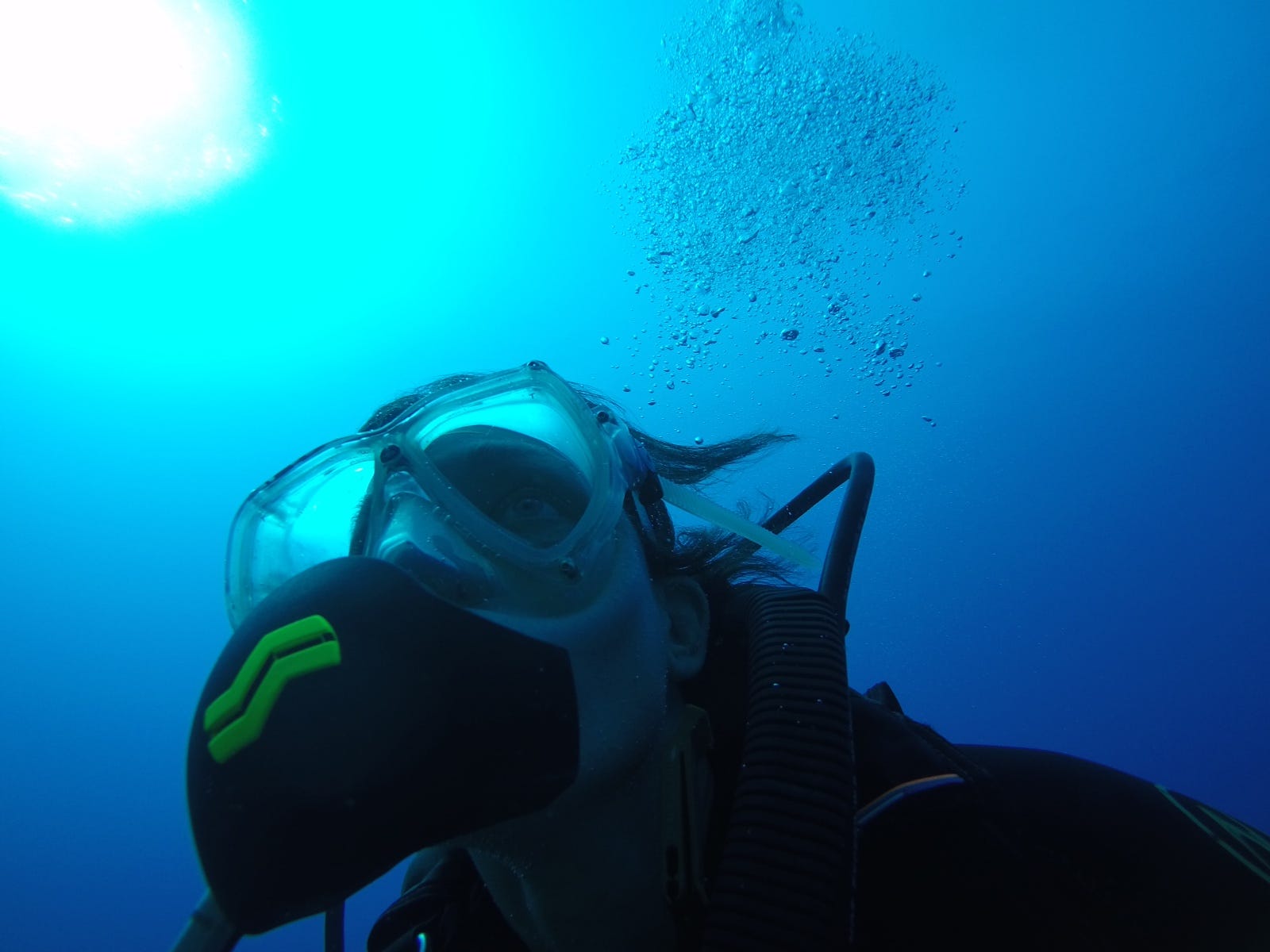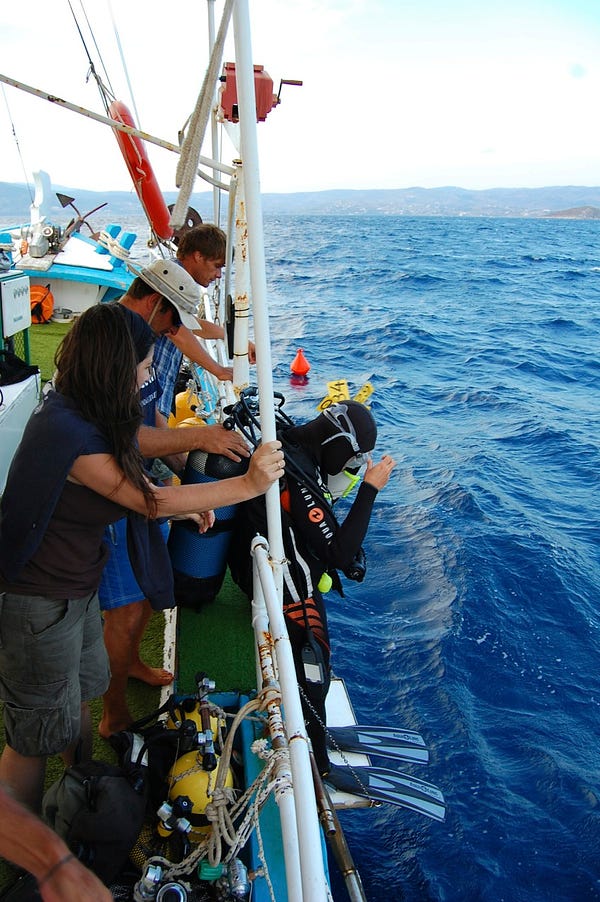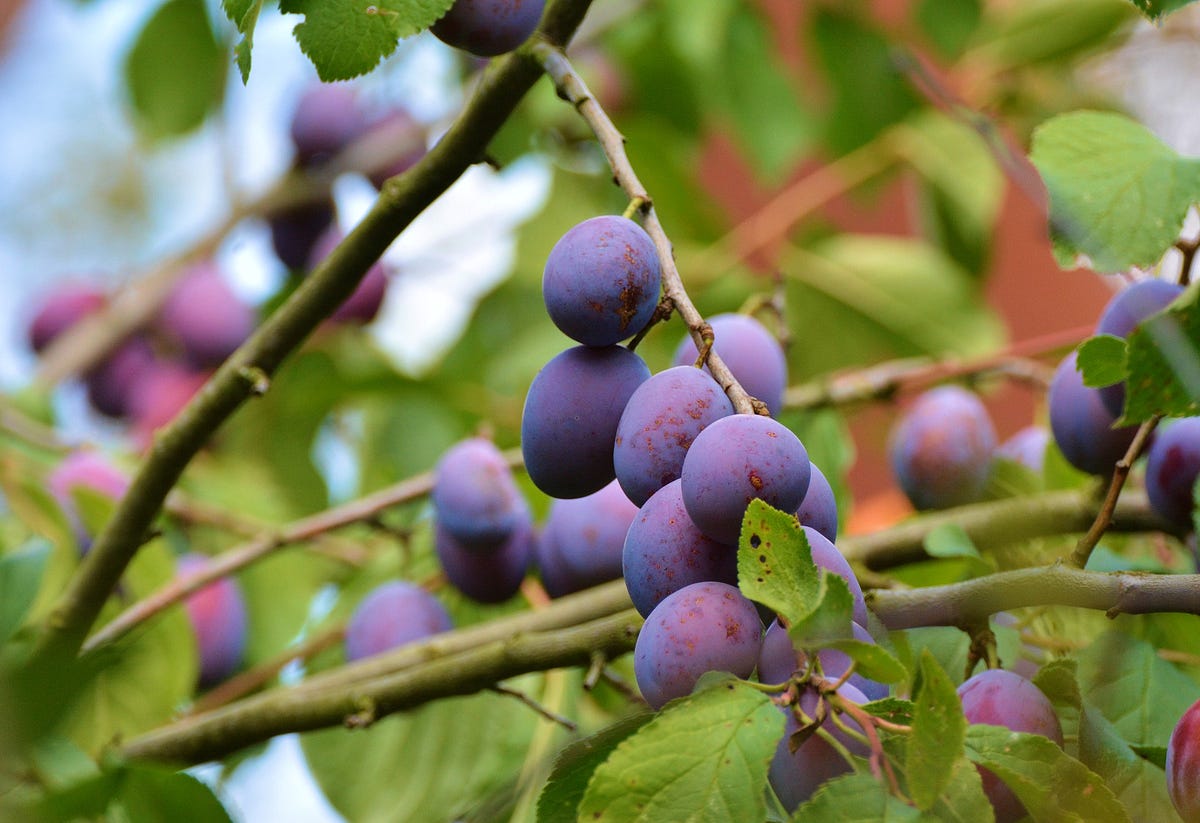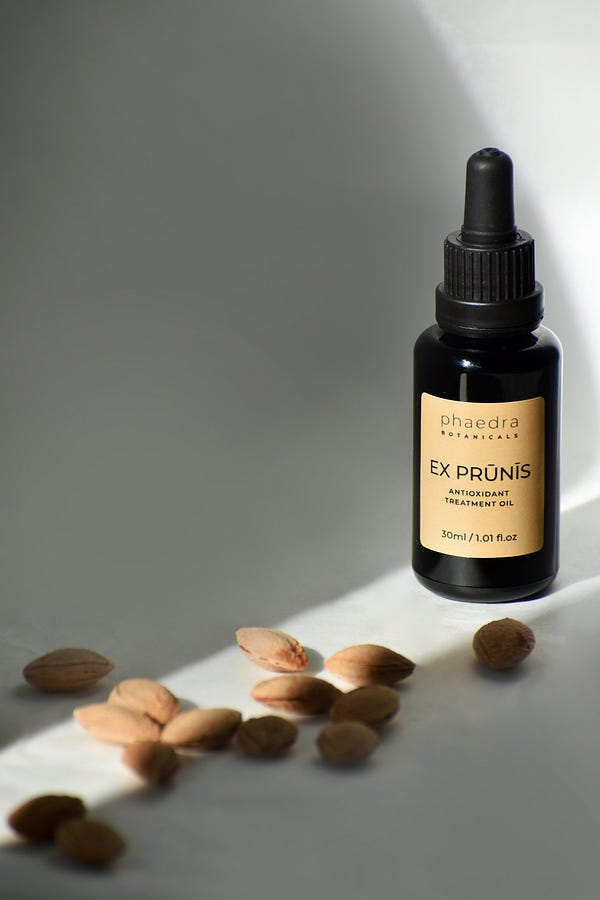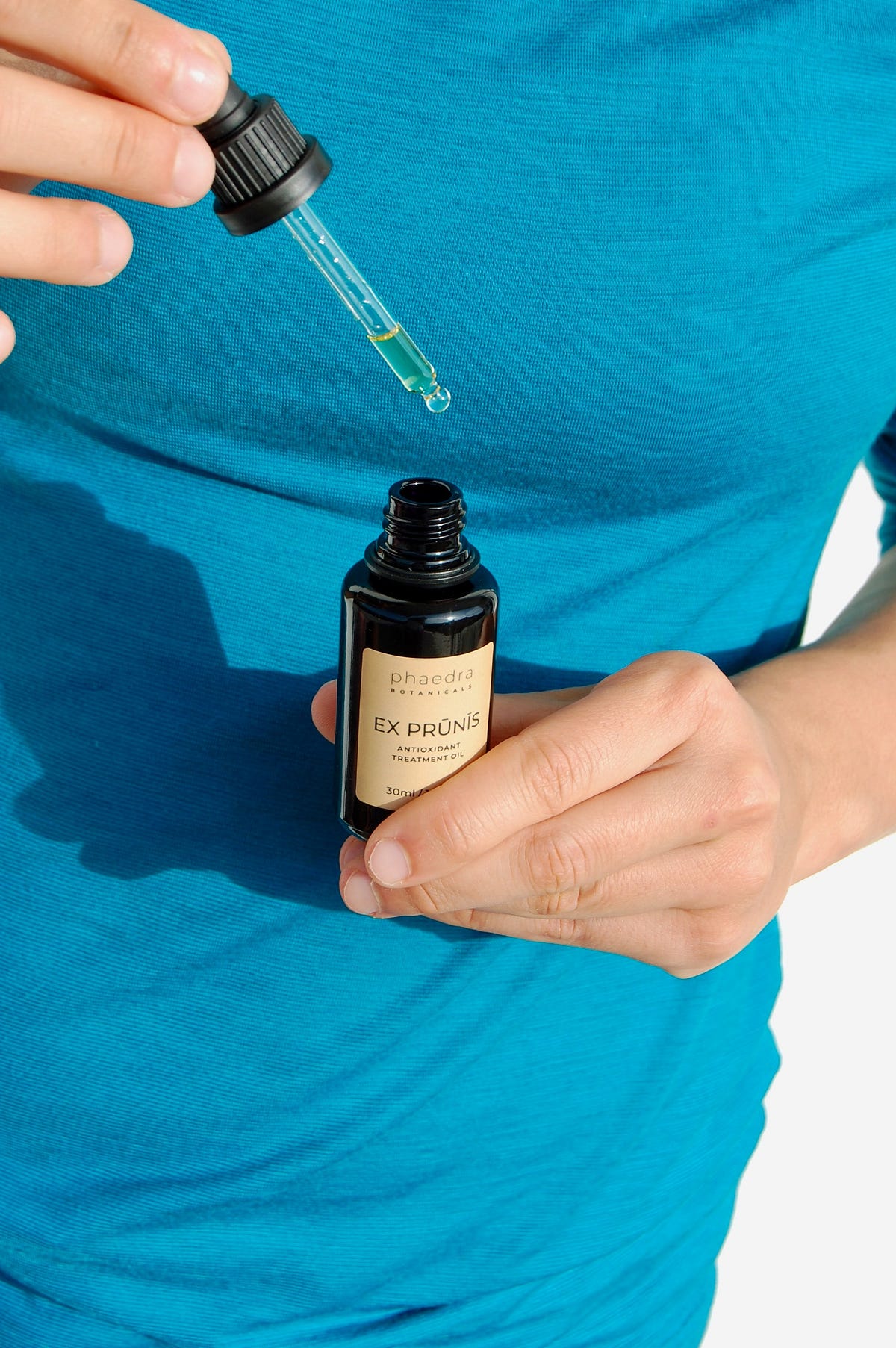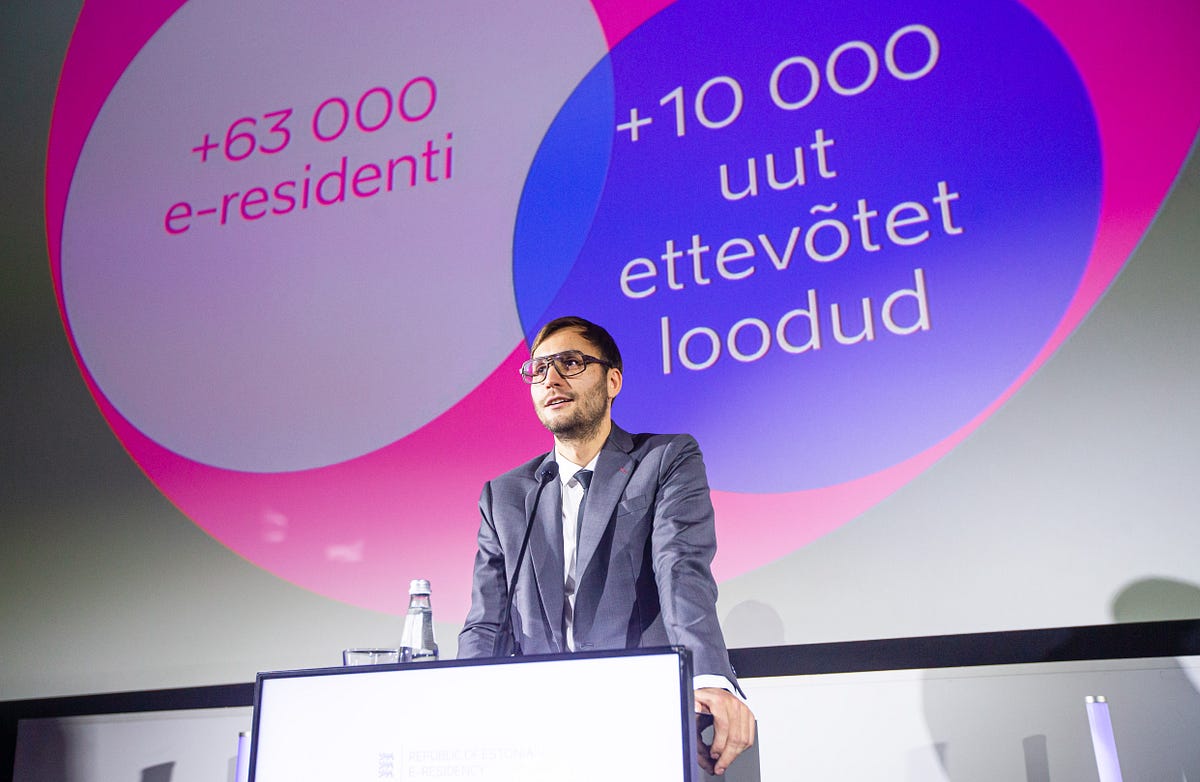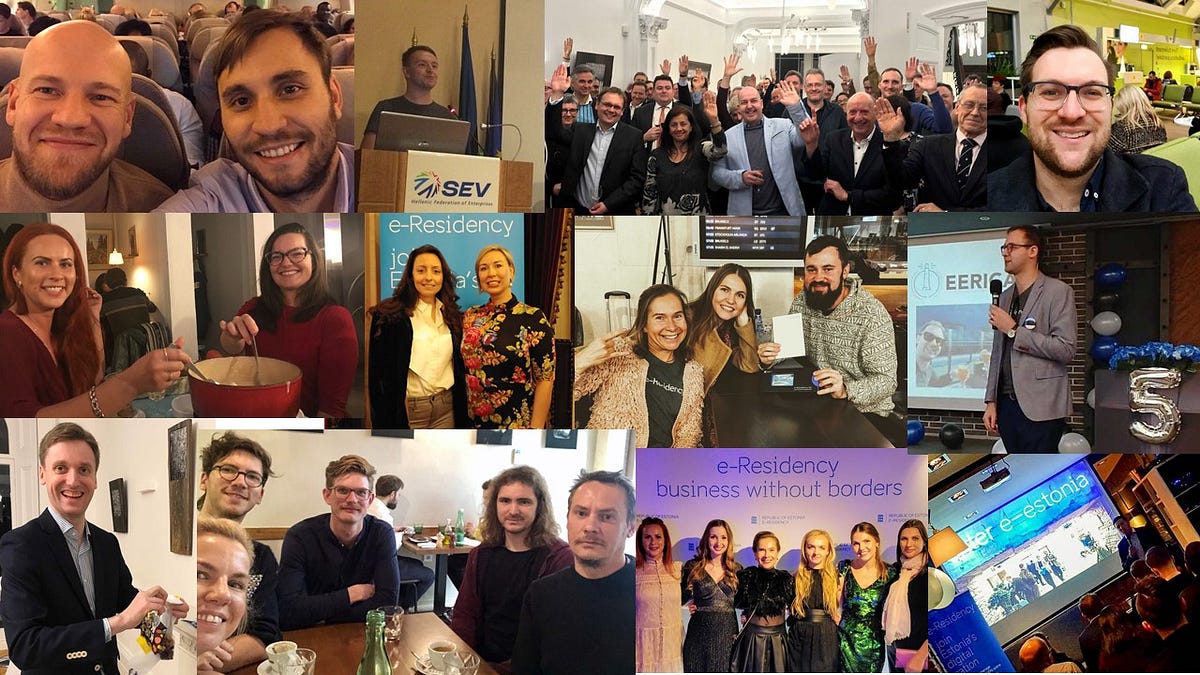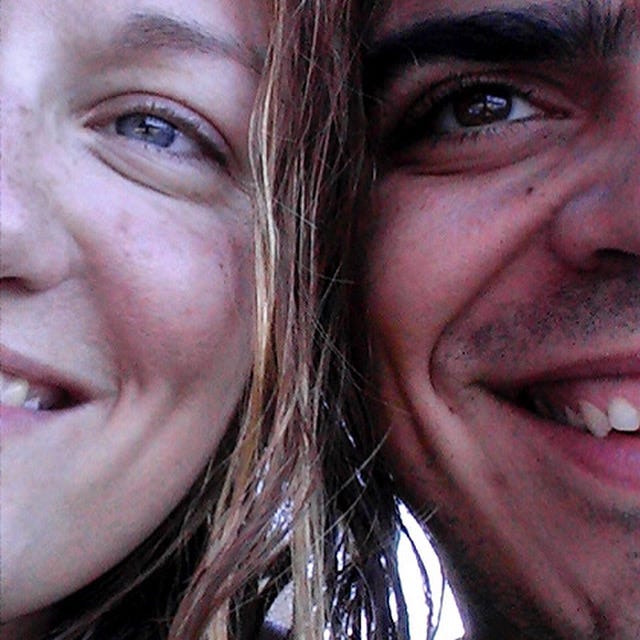from the deep blue sea to e-Residency
E-resident Lucie’s journey from a passion for pure skincare to her business, Phaedra Botanicals OÜ
Lucie’s entrepreneurial journey began in the sea
Ex Prūnīs was born.
From plums to the perfect product
Lucie’s path to e-Residency
What’s next for Lucie and Phaedra Botanicals?
Her actions have also spread awareness among her customers of the potential for hidden ingredients in the products they use on their skin.
Perhaps eventually, traceability will be the norm and not the exception, and Lucie’s passion will also change the nature of the cosmetics industry itself.
More from e-Residency
- Sign up for our newsletter
- Watch fresh video content - subscribe to our Youtube channel
- Meet our team and e-residents - register for our next Live Q&A
